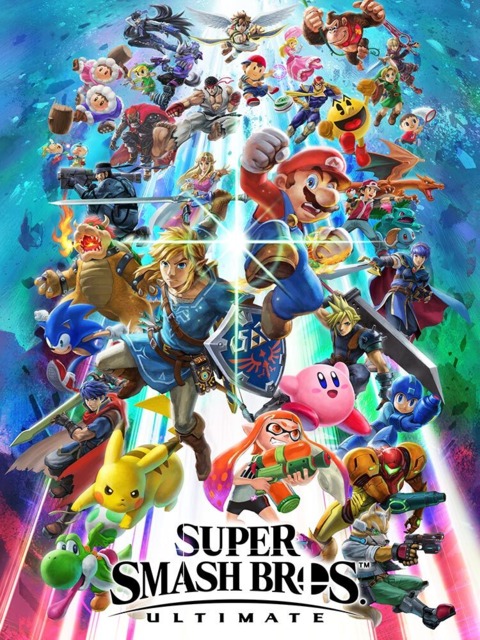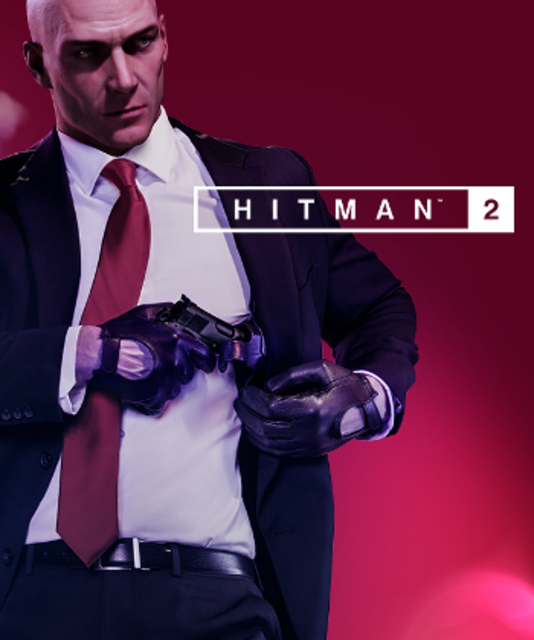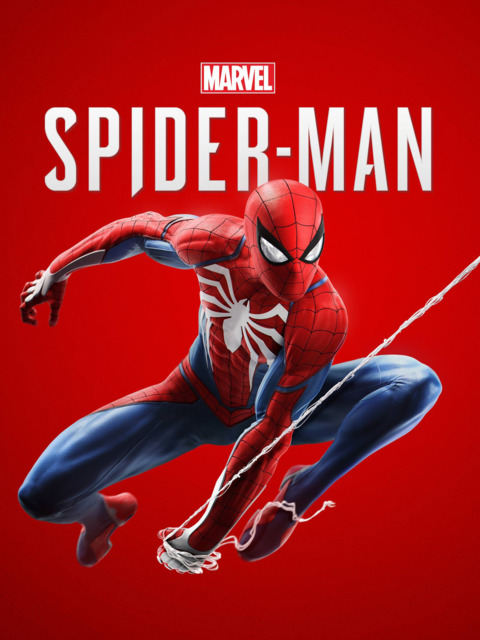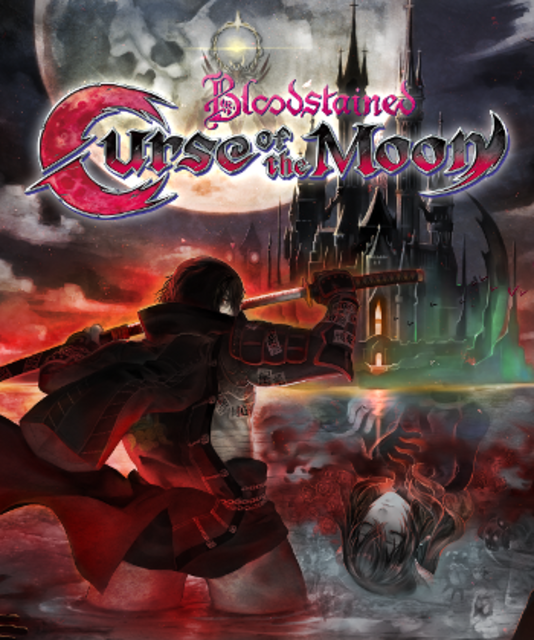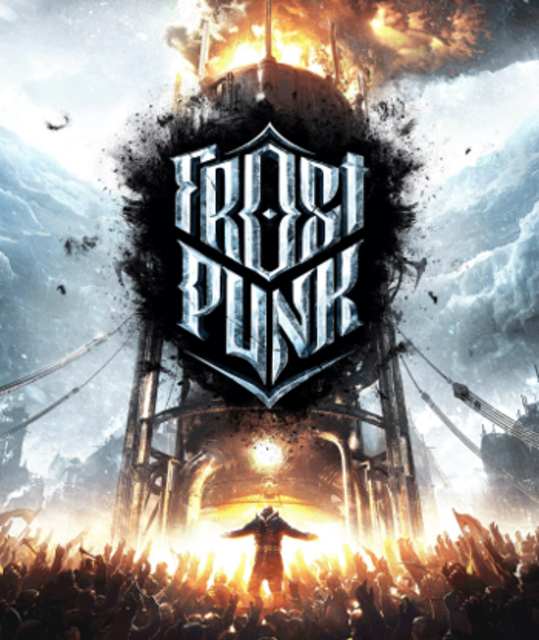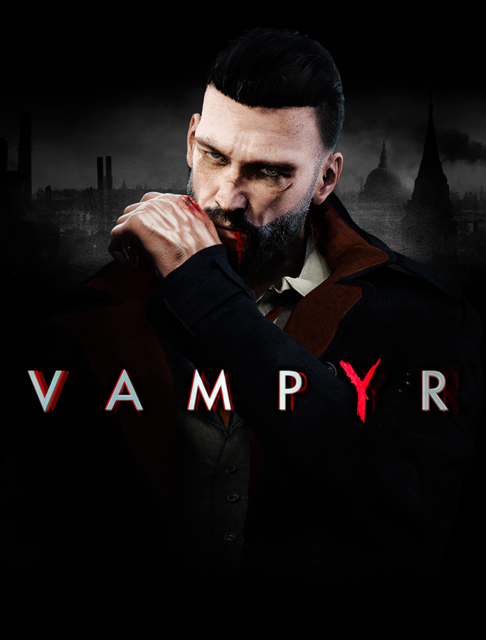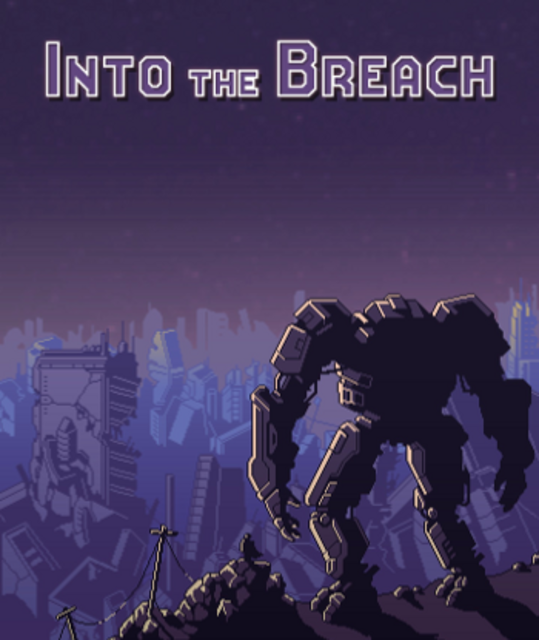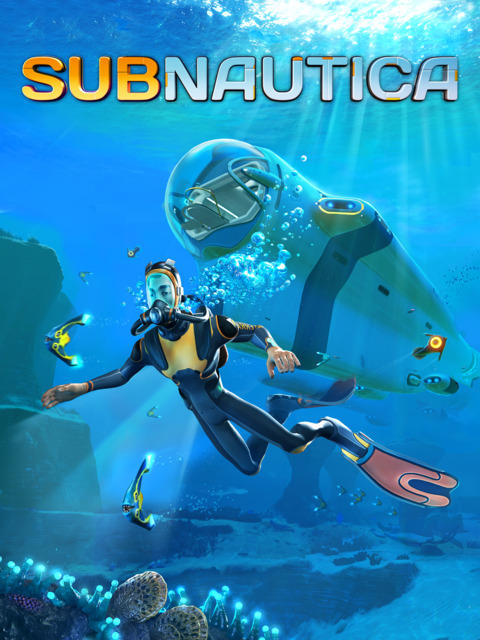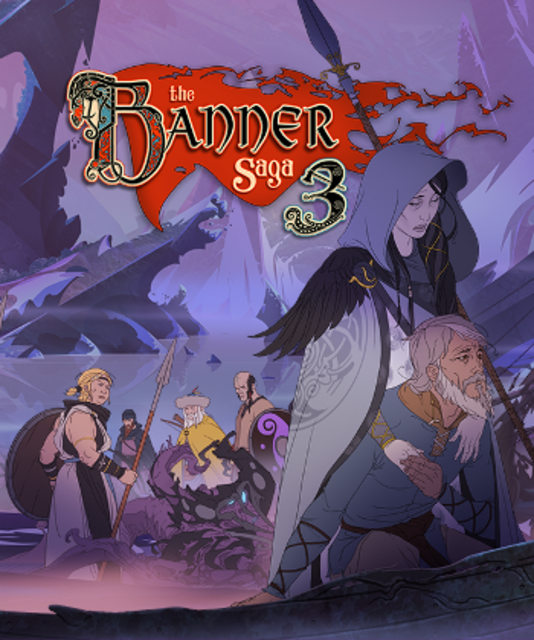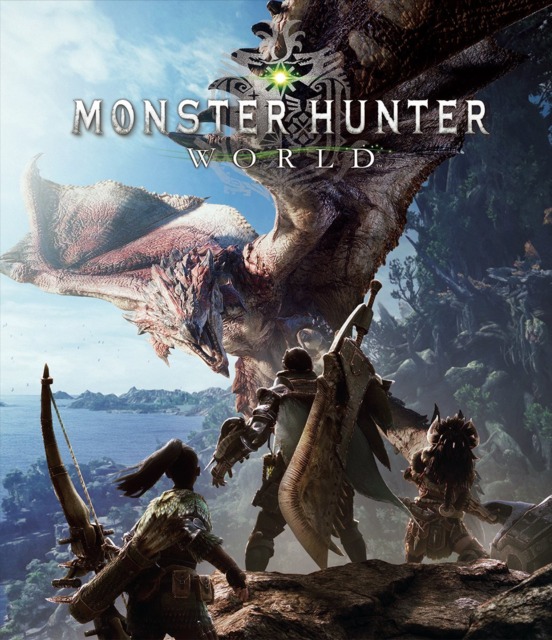GOTY 2018
I don’t know when, if ever, we as a culture will get to a point where we collectively get to the end of a year and say “You know what? This was a great year generally!”. It seems, at least in the takes that come across my radar, each year is ended with a disdain for the world and a sense that we should all hope for better next year, because this year just wasn’t it. Just kidding! We all know next year will be terrible too!
But at least the video games are good right? Let’s talk about those!
My list for 2018 feels like a strange mix, and there’s no real through-line except for the one reason that they are all here. Each of these games managed to surprise me, or shock me, or create some reaction from me that was genuine, incredibly powerful, and in most cases not something I thought I needed or expected. I’ve had very strong feelings, moments, or interactions with each of these games, in a way that has stuck with me up until the end of the year. And of course, they also happen to be damn fine video games.

